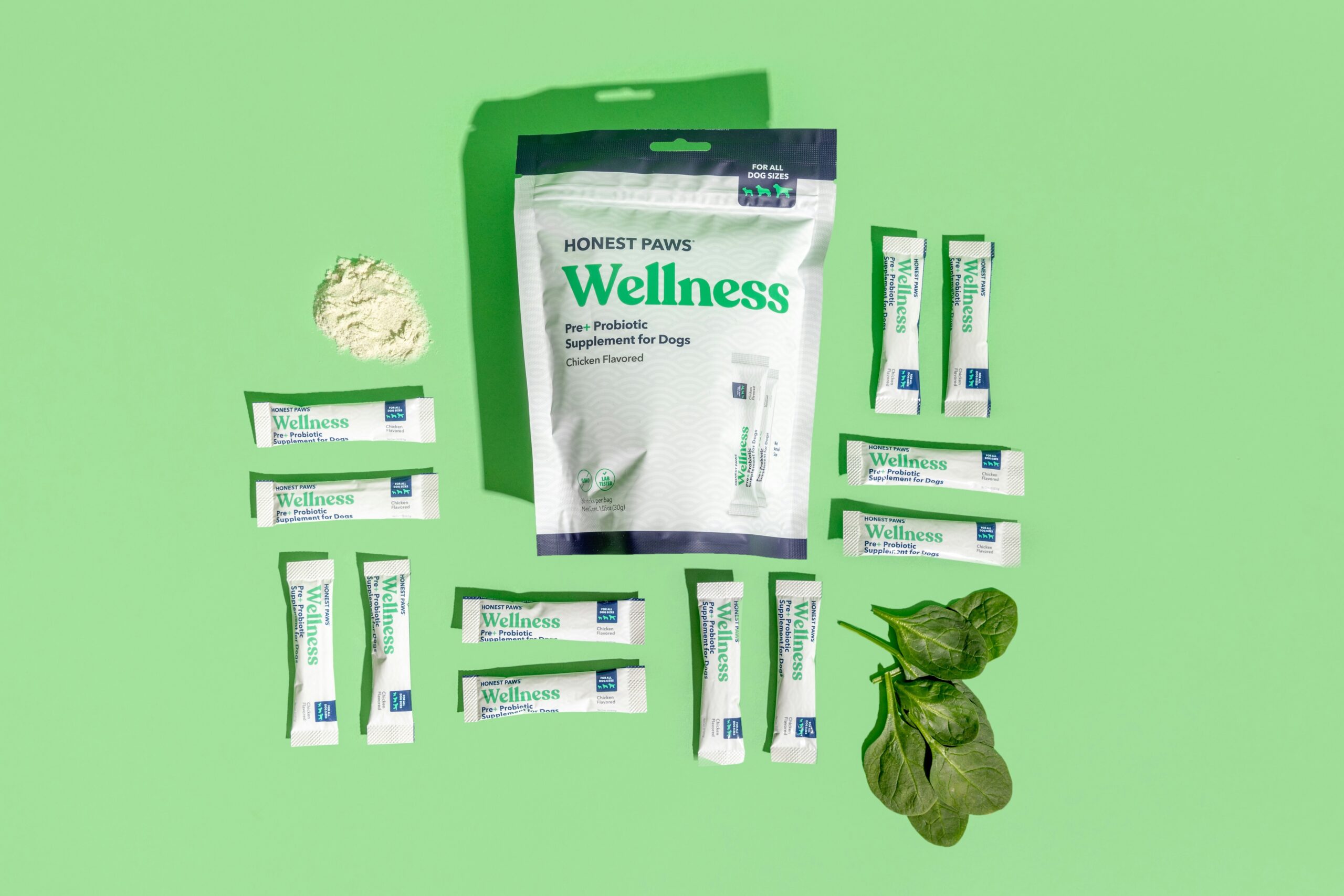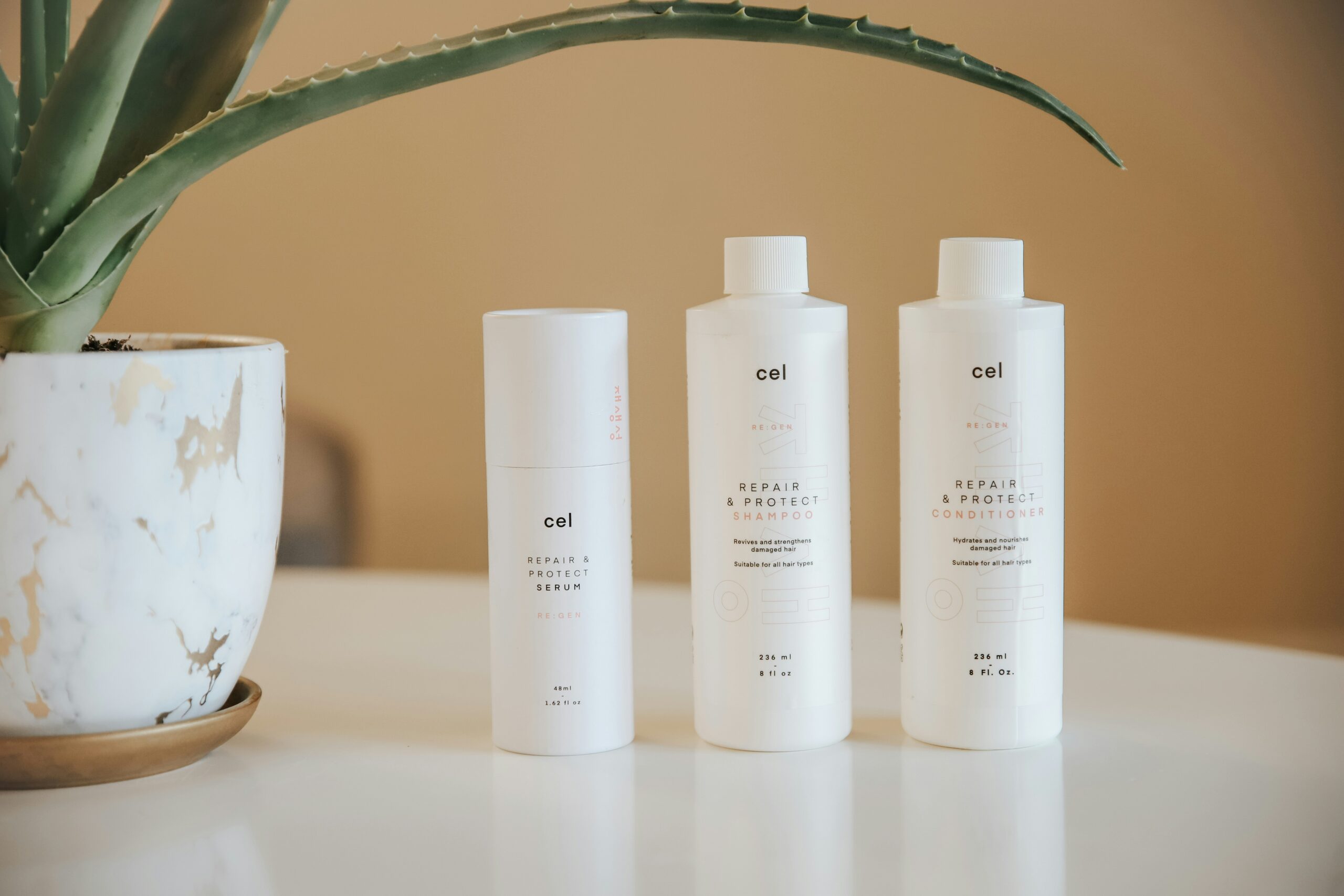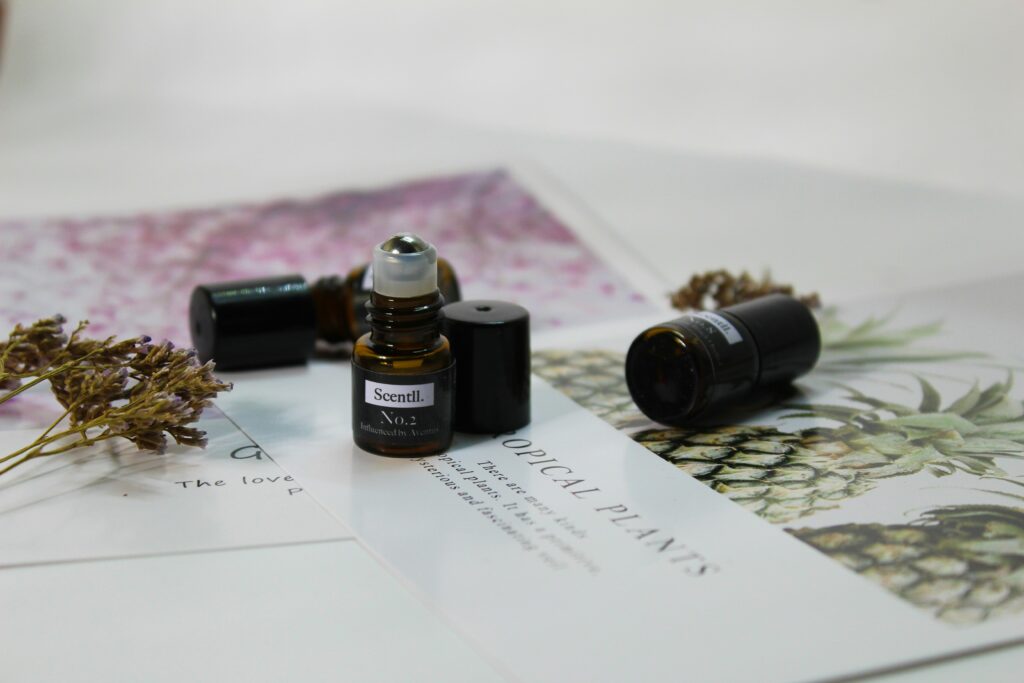Ever stood in the skincare aisle, staring at labels filled with unpronounceable words like “parabens” and “phthalates,” wondering if your skin deserves better? Yeah, we thought so.
Welcome to the world of organic moisturizers—where nature meets nourishment. In this post, we’ll unravel why revitalizing formulas made with organic ingredients are transforming skincare routines everywhere. You’ll learn their benefits, how to pick the best ones, tips for maximizing their impact, real-life success stories, and answers to all your FAQs.
Table of Contents
- Key Takeaways
- The Problem With Conventional Moisturizers
- How to Choose the Right Organic Moisturizer
- Top Tips for Using Revitalizing Formulas Effectively
- Real-Life Glow-Ups: Before & After Stories
- Frequently Asked Questions
Key Takeaways
- Organic moisturizers use plant-based, toxin-free ingredients to hydrate without harming your skin or the planet.
- Revitalizing formulas target dullness, dehydration, and premature aging with natural actives like aloe vera, shea butter, and hyaluronic acid.
- Patch testing new products is crucial—even when they’re labeled “natural.”
- Pairing organic moisturizers with other clean beauty products amplifies results.
The Problem With Conventional Moisturizers

I’ll admit it—I once slathered on a fancy department store moisturizer packed with synthetic fragrances because, well, it smelled amazing. Fast forward two weeks: my skin was red, irritated, and begging me for mercy. Oops.
Here’s the tea—conventional moisturizers often rely on artificial additives that can cause more harm than good. Harsh preservatives like parabens and silicones might feel silky at first but could clog pores, disrupt hormones, or strip your skin barrier over time. Yikes.
Meanwhile, organic moisturizers take a gentler approach. Packed with antioxidants and essential fatty acids from plants, they deliver deep hydration while repairing damage caused by pollution and stress. *Optimist Me:* “Your glow-up awaits!” *Grumpy Me:* “Ugh, as long as there’s wine involved.”
How to Choose the Right Organic Moisturizer
Finding “the one” isn’t just about swiping left or right—it’s about knowing what works best for YOUR skin type.
Step 1: Know Thy Skin Type
- Dry Skin: Look for rich creams with shea butter, avocado oil, or rosehip seed oil.
- Oily Skin: Opt for lightweight gels infused with green tea extract or witch hazel.
- Sensitive Skin: Seek calming blends featuring chamomile, calendula, or oat milk.
Step 2: Check Certifications
Not all “organic” claims are legit. Look for seals from reputable certifiers like USDA Organic, COSMOS, or Ecocert. Pro tip: If you see vague terms like “natural-inspired” with zero backing, proceed with caution.
Step 3: Patch Test Like a Pro
“Terrible Tip Alert!” Don’t assume an ingredient list full of botanicals means zero risk of irritation. Always patch test behind your ear or wrist before fully committing. Trust, I’ve learned this lesson the hard way.
Top Tips for Using Revitalizing Formulas Effectively
- Layer Wisely: Apply toner and serum first, then seal everything in with your organic moisturizer.
- Morning vs. Night: Use lighter formulas during the day (hello, SPF!) and heavier ones at night for intense repair.
- Stay Consistent: Rome wasn’t built in a day, and neither is glowing skin. Stick with your routine for at least four weeks to see visible changes.
Real-Life Glow-Ups: Before & After Stories

Meet Sarah—a busy marketing exec who switched to organic moisturizers six months ago. Her verdict? “No more breakouts, no more flakiness. Just smooth, radiant skin.” Same girl, different energy!
Then there’s Jake, whose eczema-prone skin finally found peace with a calendula-infused moisturizer. His secret sauce? Combining it with a silk pillowcase for extra TLC. Smooth moves, Jake.
Frequently Asked Questions
Q: Are organic moisturizers worth the price?
Absolutely. Yes, they may cost more upfront, but think of them as an investment in your health—and Mother Earth’s too. Plus, quality beats quantity every time.
Q: Can I mix organic moisturizers with non-organic products?
Technically, yes—but why muddy the waters? Pairing them with other clean beauty picks ensures maximum benefits without counteracting efforts.
Q: Do organic moisturizers work for all ages?
100%. Whether you’re battling teenage acne or fine lines at 50+, organic formulas adapt beautifully to diverse needs.
Conclusion
Rushing through life doesn’t mean rushing through self-care. Organic moisturizers offer revitalizing formulas designed to nurture both you and the planet. So go ahead—treat yourself. Your skin will thank you.
And remember, like a Tamagotchi circa 2004, great skin requires daily love and patience.


